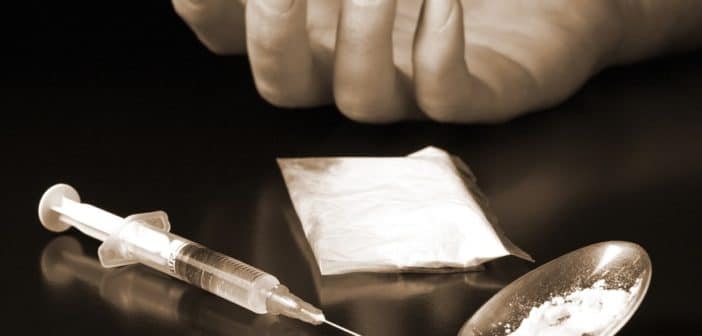 Santa Cruz, California is a beautiful, pseudo-hippie beach community about an hour south of the hustle and bustle of San Francisco. It is home to college students, working professionals and many former flower children whose petals are now golden with age; like my former free-basing father, who makes his living as a street musician and lives in a converted electrical shack in the mountains. So my personal kinship with this coastal city made the recent article in the Huffington Post by Tony Newman, director of media relations at the Drug Policy Alliance, particularly interesting to me.
Santa Cruz, California is a beautiful, pseudo-hippie beach community about an hour south of the hustle and bustle of San Francisco. It is home to college students, working professionals and many former flower children whose petals are now golden with age; like my former free-basing father, who makes his living as a street musician and lives in a converted electrical shack in the mountains. So my personal kinship with this coastal city made the recent article in the Huffington Post by Tony Newman, director of media relations at the Drug Policy Alliance, particularly interesting to me.
Are the Needles Really to Blame?
According to Newman, a Santa Cruz native, there is an epidemic of junkies leaving their dirty syringes on Santa Cruz beaches and the locals are up in arms about what to do. Some feel that the city’s syringe exchange program is to blame as they feel it “enable[s]” and “encourage[s]” drug use.
While I can’t speak on behalf of intravenous drug users having never been one myself, it’s hard for me to imagine a group of teetotalers or straight edgers making the decision to shoot heroin because of the convenience of a local syringe exchange program. Perhaps there is a correlation between the abundance of available needles in Santa Cruz and their syringe-littered beaches but it doesn’t seem fair to point the finger at a public health service for having anything to do with junkies’ inability to clean up after themselves. Addicts on a whole don’t have the best reputation for being tidy (tweakers aside).
Blaming a syringe exchange program for drug use is like blaming sexual activity on a clinic that gives out free condoms. It’s an association made only by people who can’t understand with that it is like to be broke, young, strung out or all of the above.
A Better Policy
Newman goes on to suggest that Santa Cruz city officials should look to Vancouver for answers. Up in British Columbia, along with a dozen other cities around the world, they have established a Supervised injection facility (SIF), a “legally sanctioned [facility]where people who use intravenous drugs can inject drugs under medical supervision.” Physicians like Dr. Gabor Mate, who specializes in addiction treatment and has written several books on the subject, have been instrumental in the launching and success of these harm reduction facilities. I was shocked to learn that the United States, the birthplace of Soundgarden and Alice in Chains, currently hosts zero facilities of this kind.
With 15 years of experience fighting the war on drugs under his belt, Newman feels there is “overwhelming evidence that SIFs are effective in reducing new HIV infections, overdose deaths and public health threats like discarded syringes — and that they do not increase drug use or criminal activity.”
I am going to be perfectly honest. My immediate reaction to this article was, “Ugh, here we go again, damn bleeding heart liberals trying to save the world.” But ultimately I believe a lot can be done. The same way our country banned together to vastly improve the harm of secondhand smoke to the public, SIFs can protect the locals from the health risks (and displeasing aesthetics) of needle waste while also reducing infection and death in users. It does something else important: creates awareness. And while passing a medical-looking facility on your way to school everyday may not prevent you from becoming a drug addict, it will hopefully at least make it look less cool.
Sponsored DISCLAIMER: This is a paid advertisement for California Behavioral Health, LLC, a CA licensed substance abuse treatment provider and not a service provided by The Fix. Calls to this number are answered by CBH, free and without obligation to the consumer. No one who answers the call receives a fee based upon the consumer’s choice to enter treatment. For additional info on other treatment providers and options visit www.samhsa.gov.




